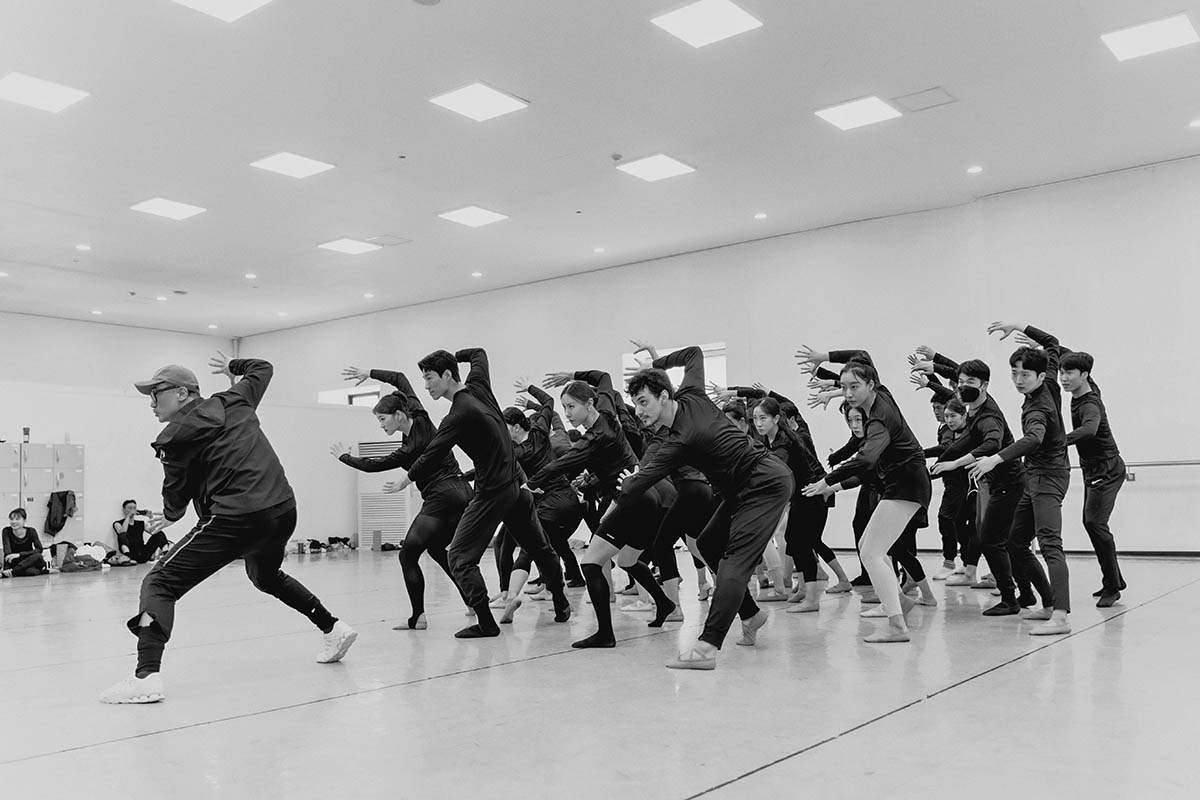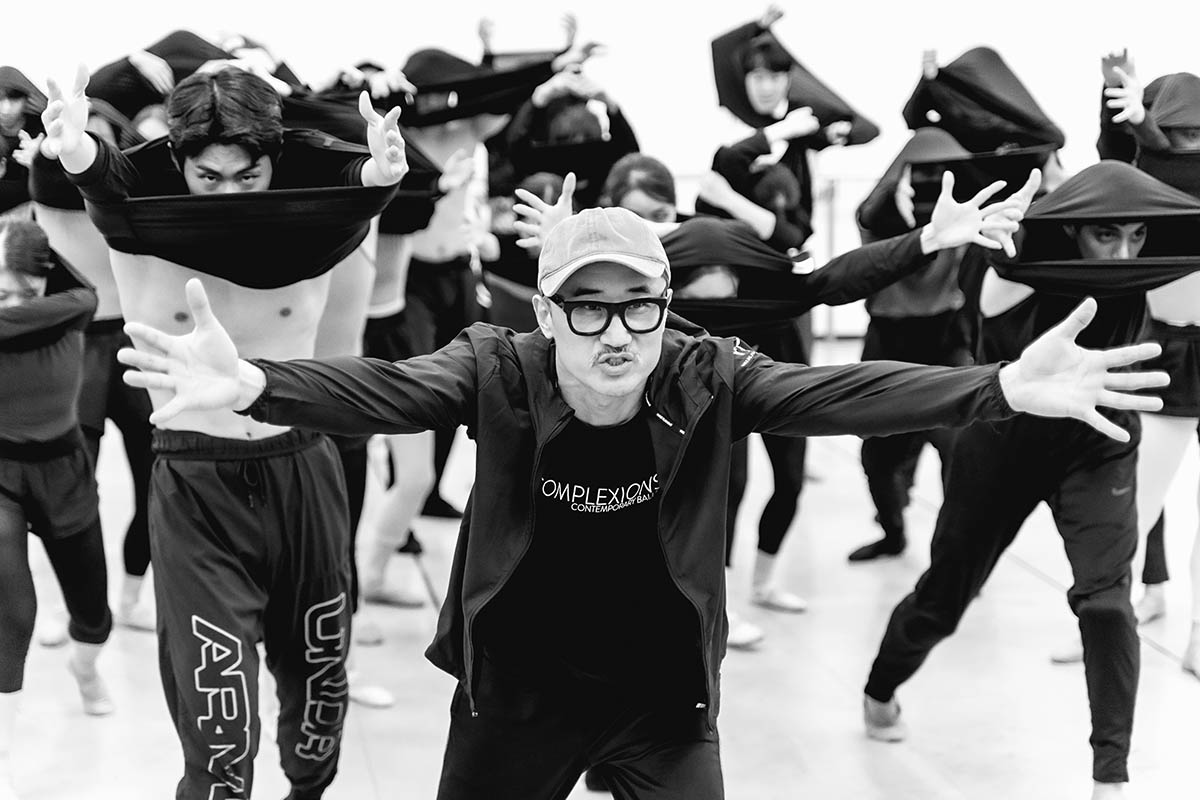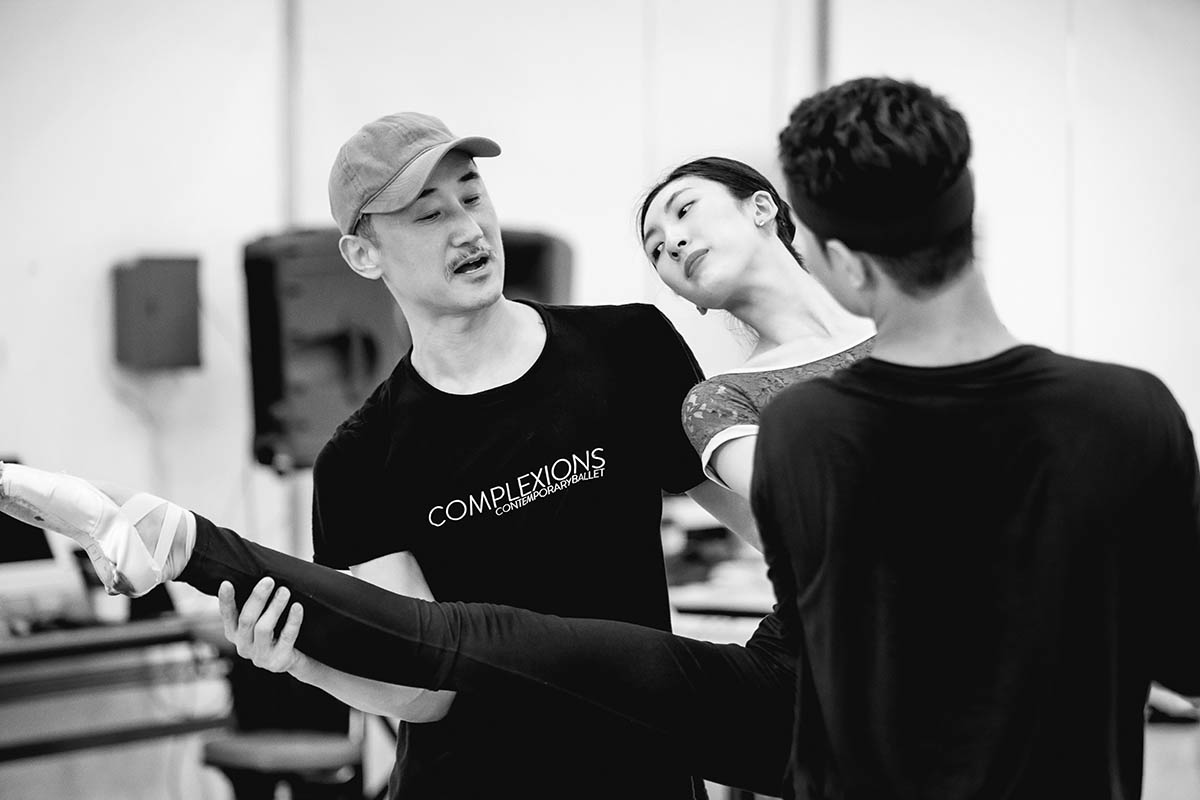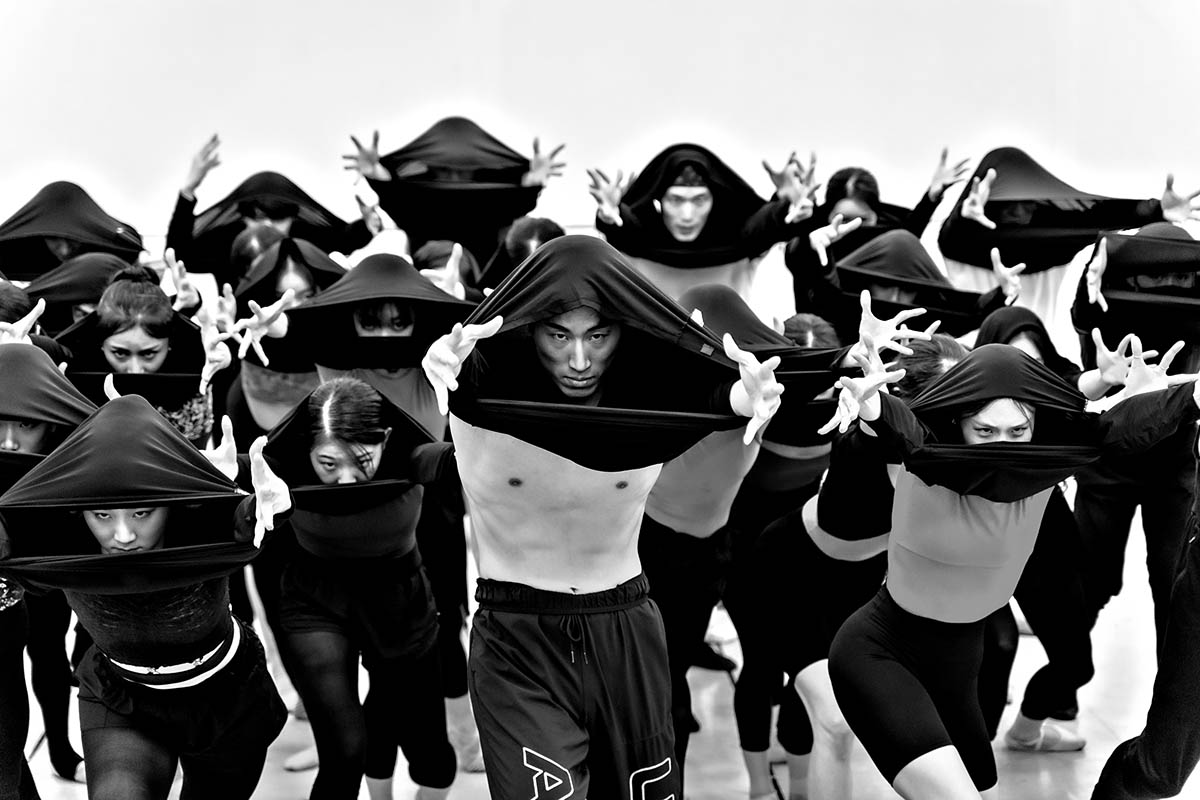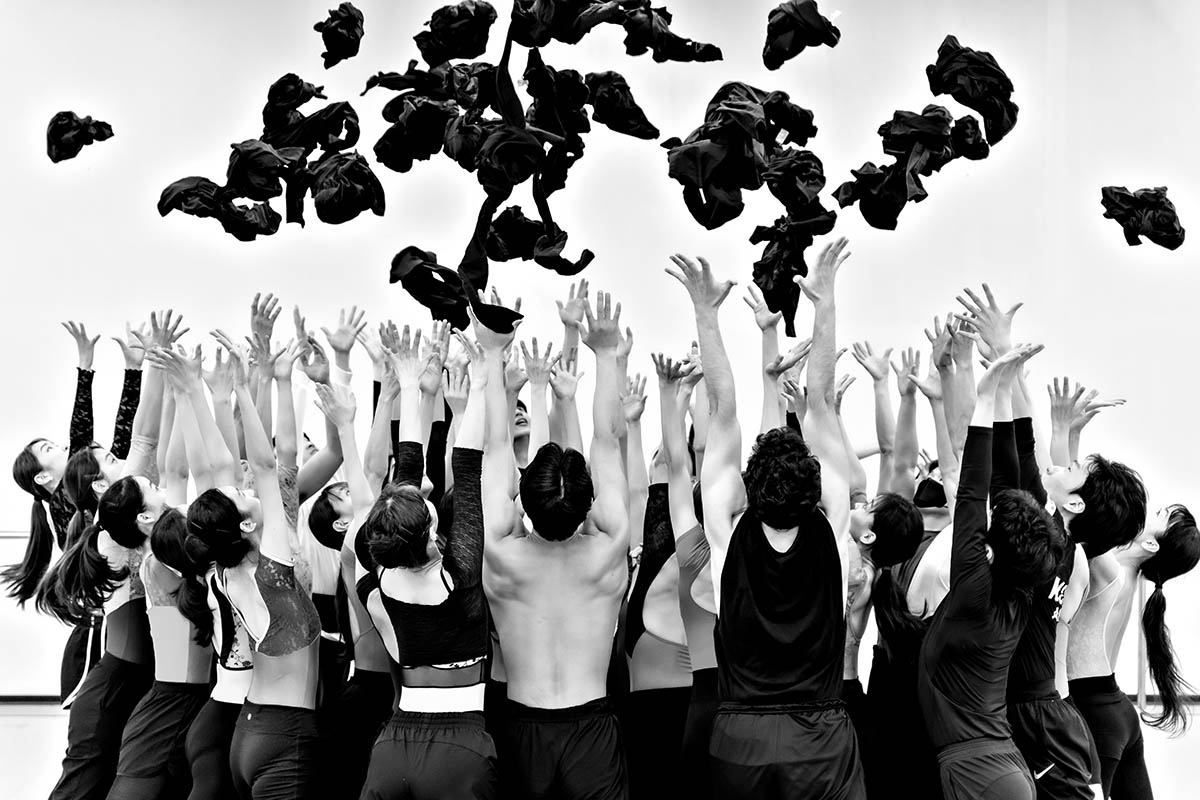Point Park University Dance Professor Jae Man Joo Choreographs Major Ballet in Native Gwangju, South Korea
The Gwangju Uprising is the subject of a new ballet choreographed by Jae Man Joo, assistant professor of ballet at Point Park University and a recipient of the Princess Grace Award for Excellence in Choreography.
Entitled Divine, the ballet commemorates the Gwangju Uprising, a response to the installation of a military dictator who implemented martial law in the city of Gwangju on May 18, 1980. The uprising saw the arrests and killings of hundreds of Korean citizens. The Gwangju uprising is known in Korea as May 18 and has since been established as a National Day of Commemoration.
Divine will be performed by the Gwangju City Ballet July 13-15 at the Gwangju Culture & Art Center in South Korea.
“I was born and raised in Gwangju so it is a very special city to me,” said Joo. “The Gwangju Democratization Movement, as the protest came to be known, remains an indispensable and unforgettable part of the history of Korea.”
According to Joo, the uprising is perfectly expressed in the body language of dance.
“My goal for this work is to embody the feelings of loss, sorrow and hope, and ultimately to help us reach consensus through choreography, direction and movement,” Joo added.
The Gwangju City Ballet was founded in Gwangju, South Korea in 1976. As one of only five professional ballet companies in South Korea, the company performs a repertoire which includes many full-length narrative ballets such as Swan Lake, The Nutcracker, The Sleeping Beauty, La Sylphide, Don Quixote and Coppelia. The company has continuously been supported by Gwangju Metropolitan City, the sixth-largest city in South Korea.
Joo has hopes that he can someday bring Divine to Pittsburgh and to his ballet students at Point Park University.
“Even though this work is specifically about an event in South Korea, the themes of racial discrimination and the suppression of human rights are universal throughout the world,” said Joo.


